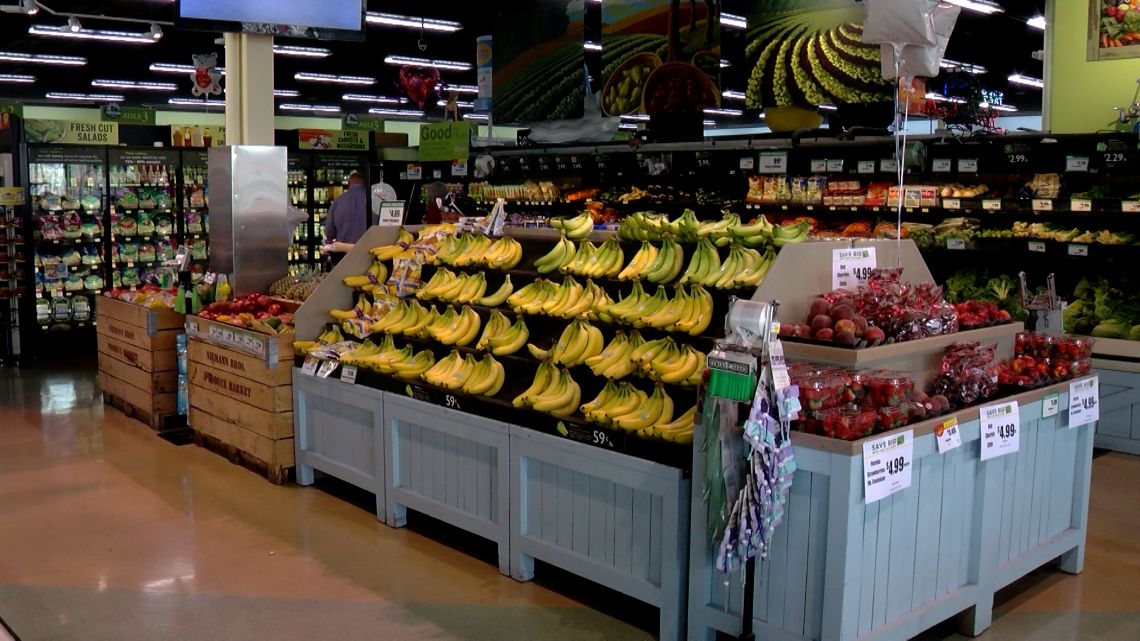
New SNAP work requirements go into effect Feb. 1, threatening recipient eligibility
The requirements change which recipients must work or volunteer and how often.

The requirements change which recipients must work or volunteer and how often.
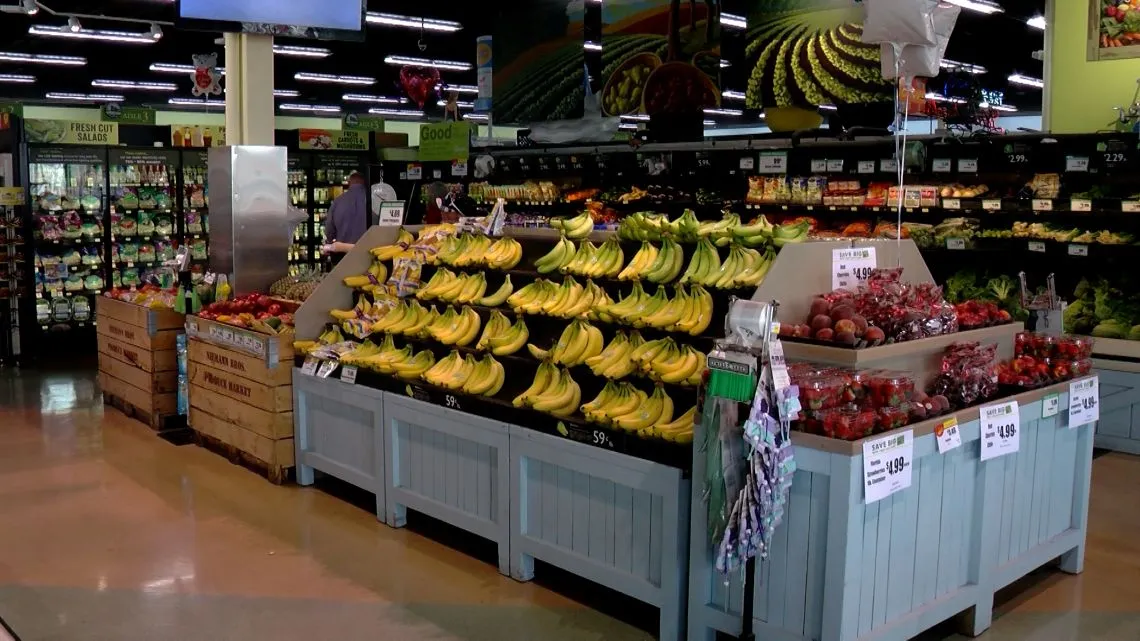
Illinois recipients are expected to receive their outstanding benefits by Nov. 20.

The bill passed by the U.S. House and signed by President Donald Trump Wednesday night funds SNAP through next September.
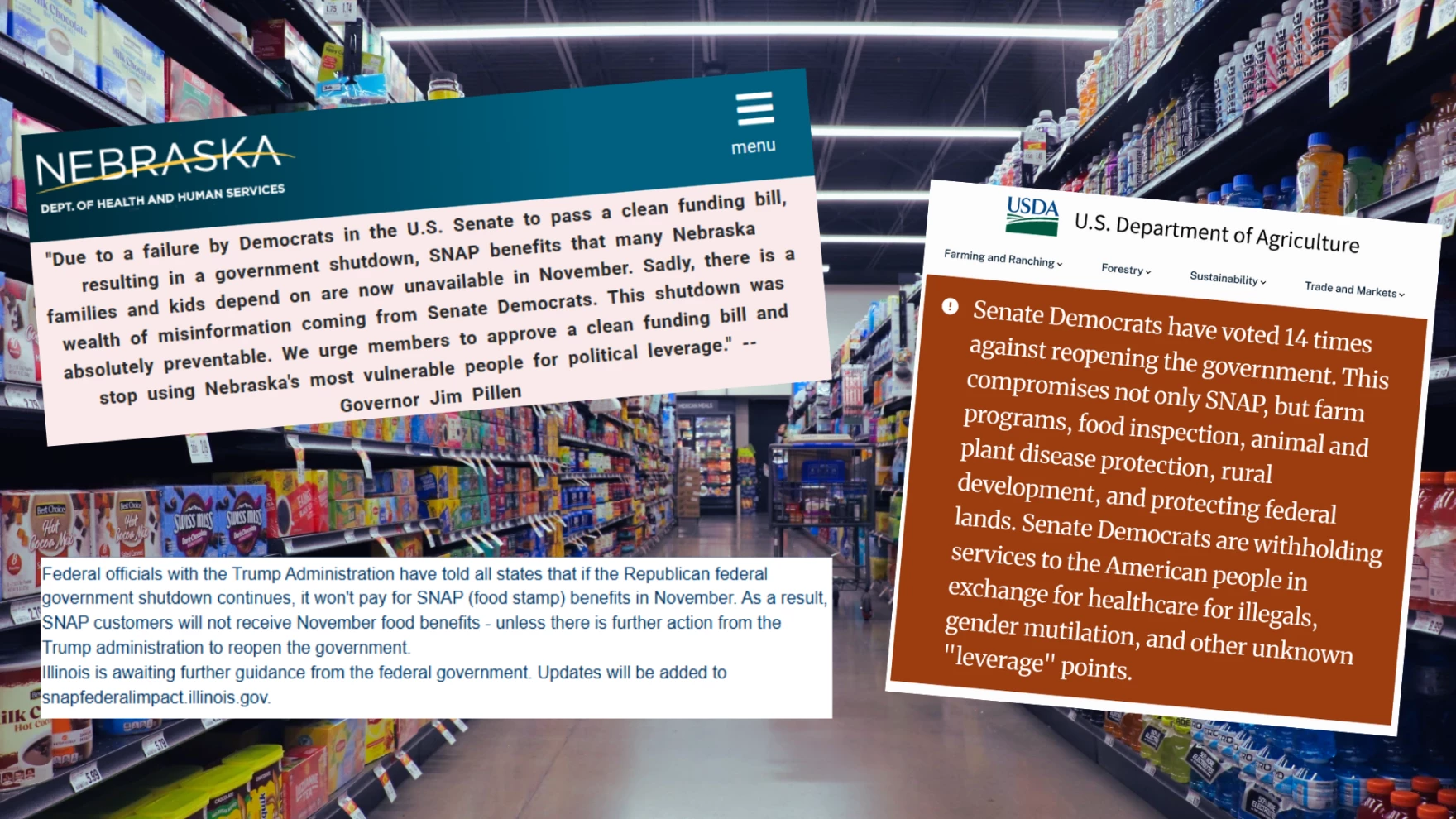
Food assistance benefits were cut off in November due to the government shutdown. That’s led a handful of state agencies to post messages blaming Republicans or Democrats for the shutdown on official websites.

The longest federal government shutdown seems to be inching closer to its end. In a previously taped interview with the 21st show, Senator Tammy Duckworth discusses aviation safety, SNAP, ICE agents, and what this upcoming Veteran’s Day means to her.
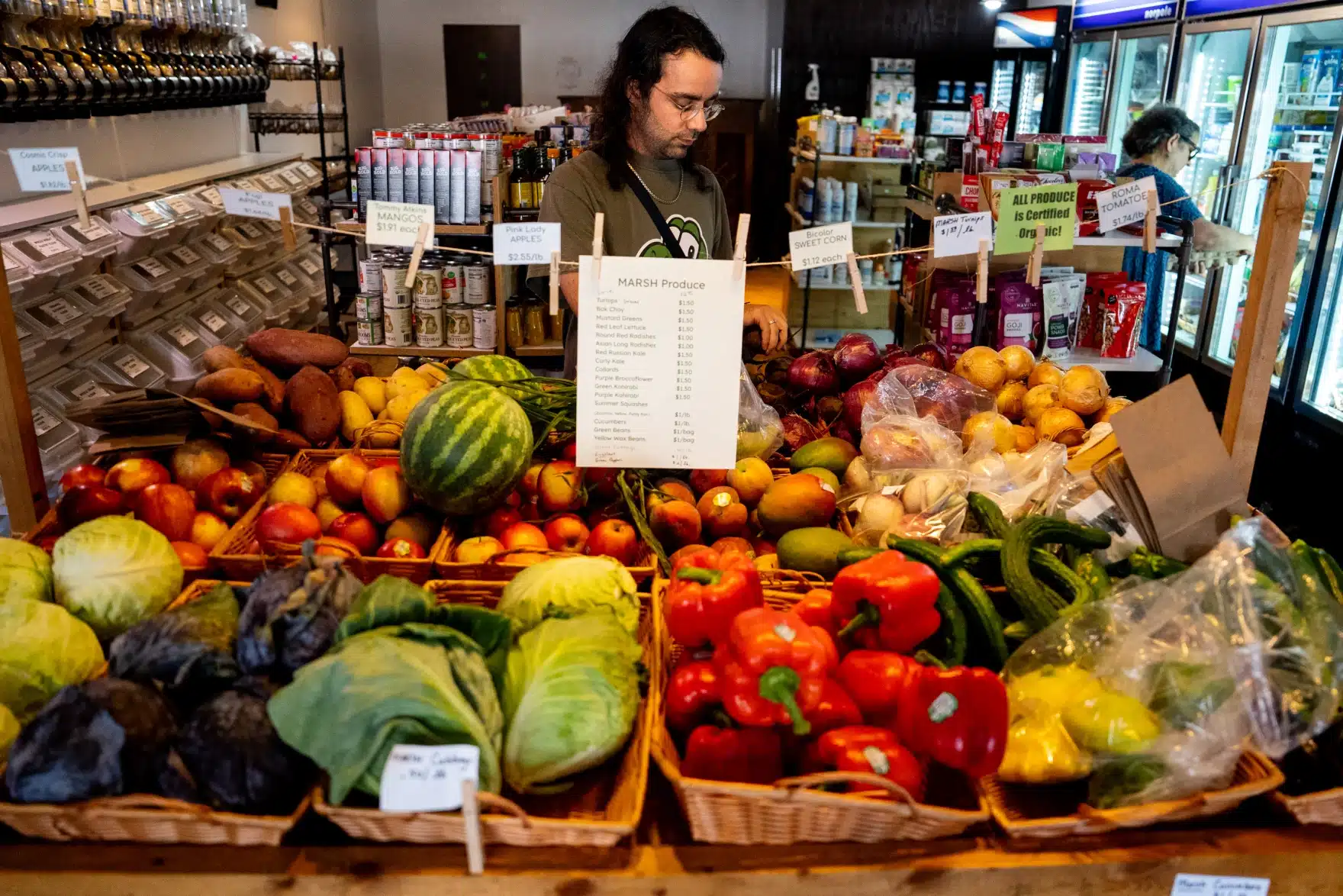
After a federal judge ruled the Trump administration needed to make partial payments, the Illinois Department of Human Services said some Illinoisans could see benefits as early as this weekend.
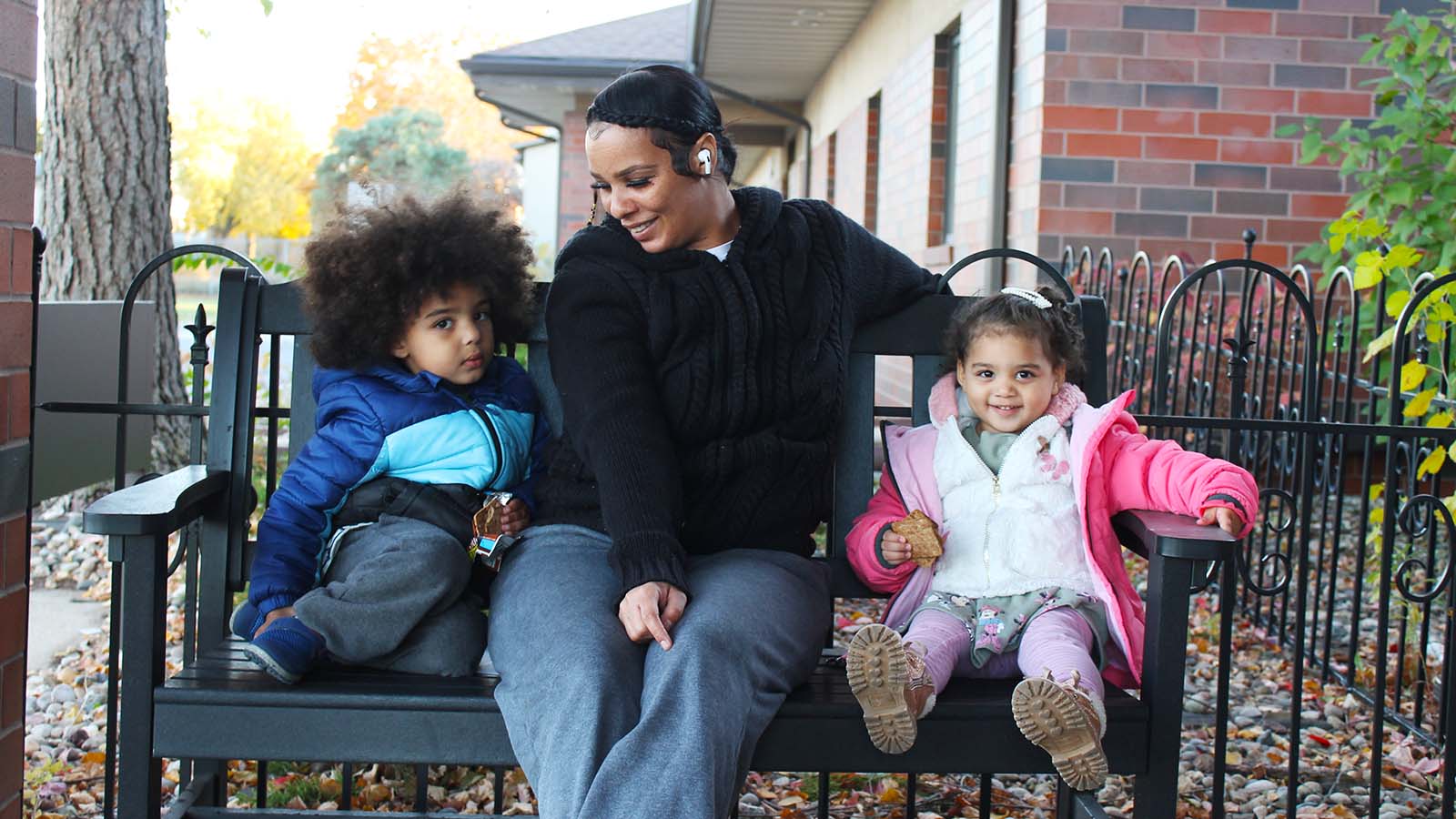
The Champaign County Regional Planning Commission’s Early Childhood Division Director is concerned about families who participate in the local Head Start program being able to eat.

Funding for federal food assistance is set to run out on Saturday, Nov. 1 due to the government shutdown. IPM News is compiling a list of resources and food pantries in East Central Illinois.
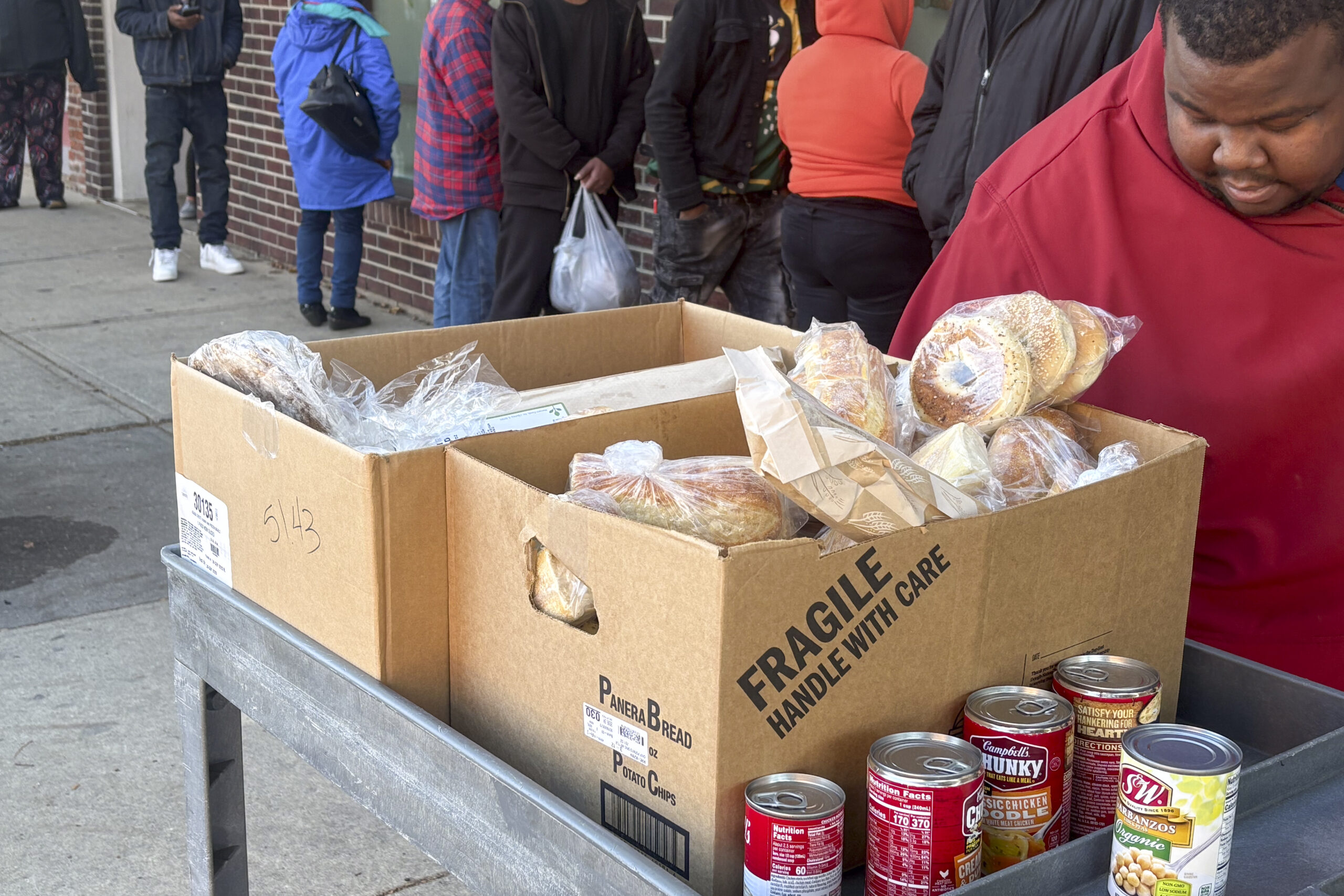
Nearly 2 million Illinois residents lost access to SNAP benefits on Saturday, leaving many struggling to afford groceries. While Gov. JB Pritzker has directed $20 million in state funds to food banks, it’s still uncertain when federal aid will resume for the millions of Americans affected.
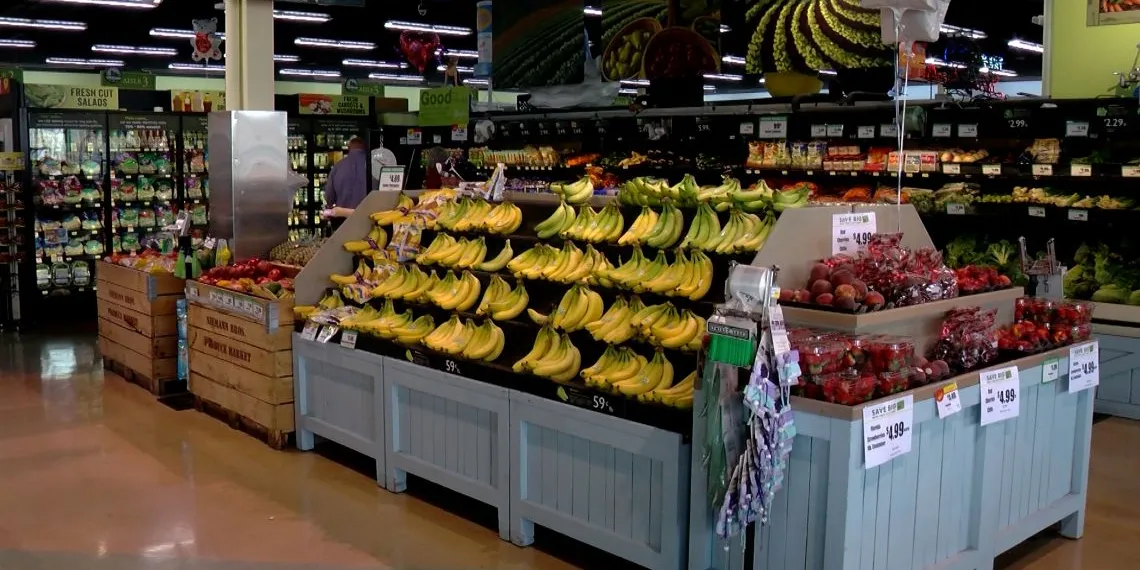
The Trump administration said Monday it would use emergency funds to partially fund SNAP benefits for November but would not tap into other funds to provide full coverage.
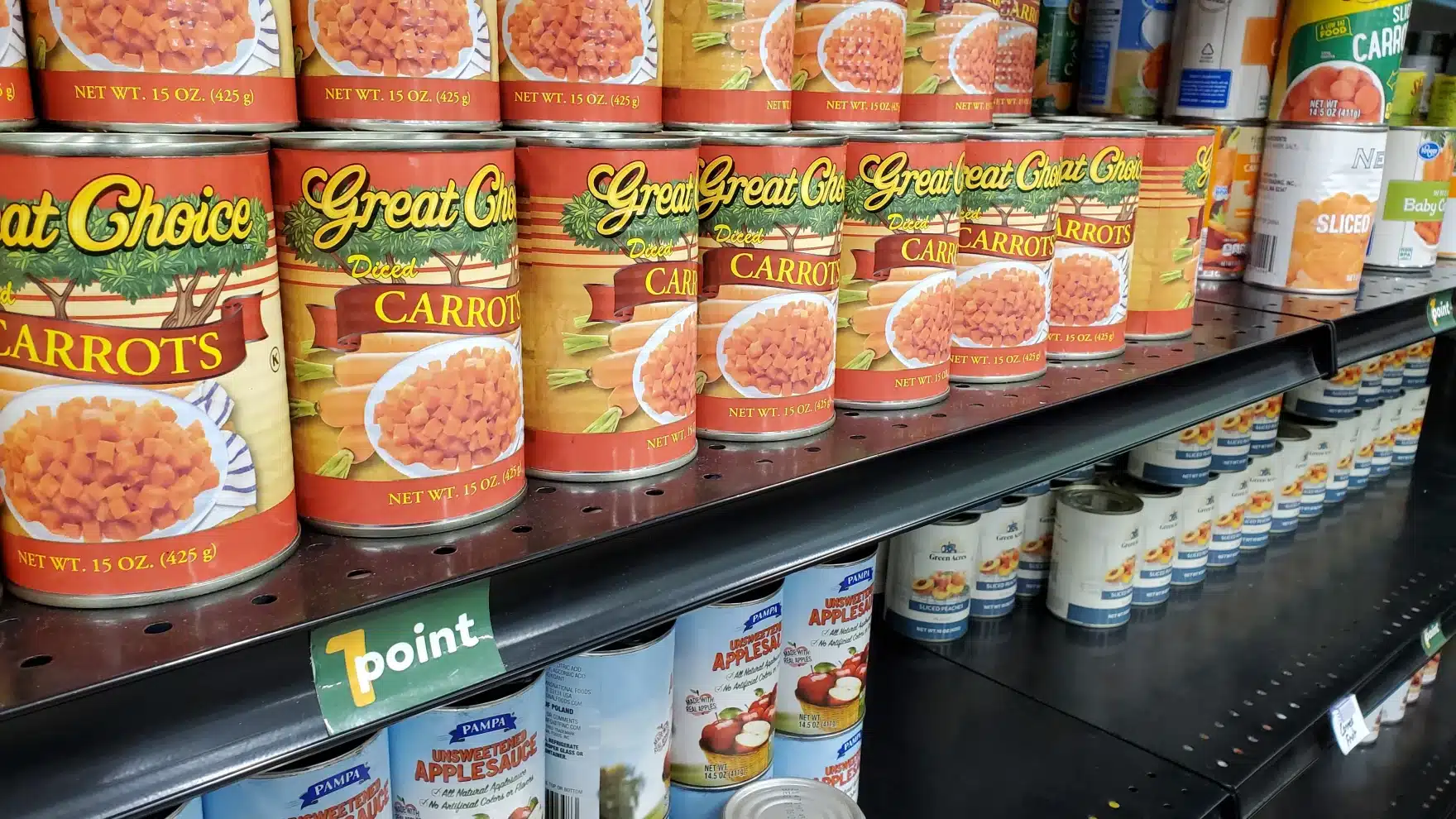
People working to address hunger say the canceled report is a main resource to understand where and how people are experiencing food insecurity across the country.
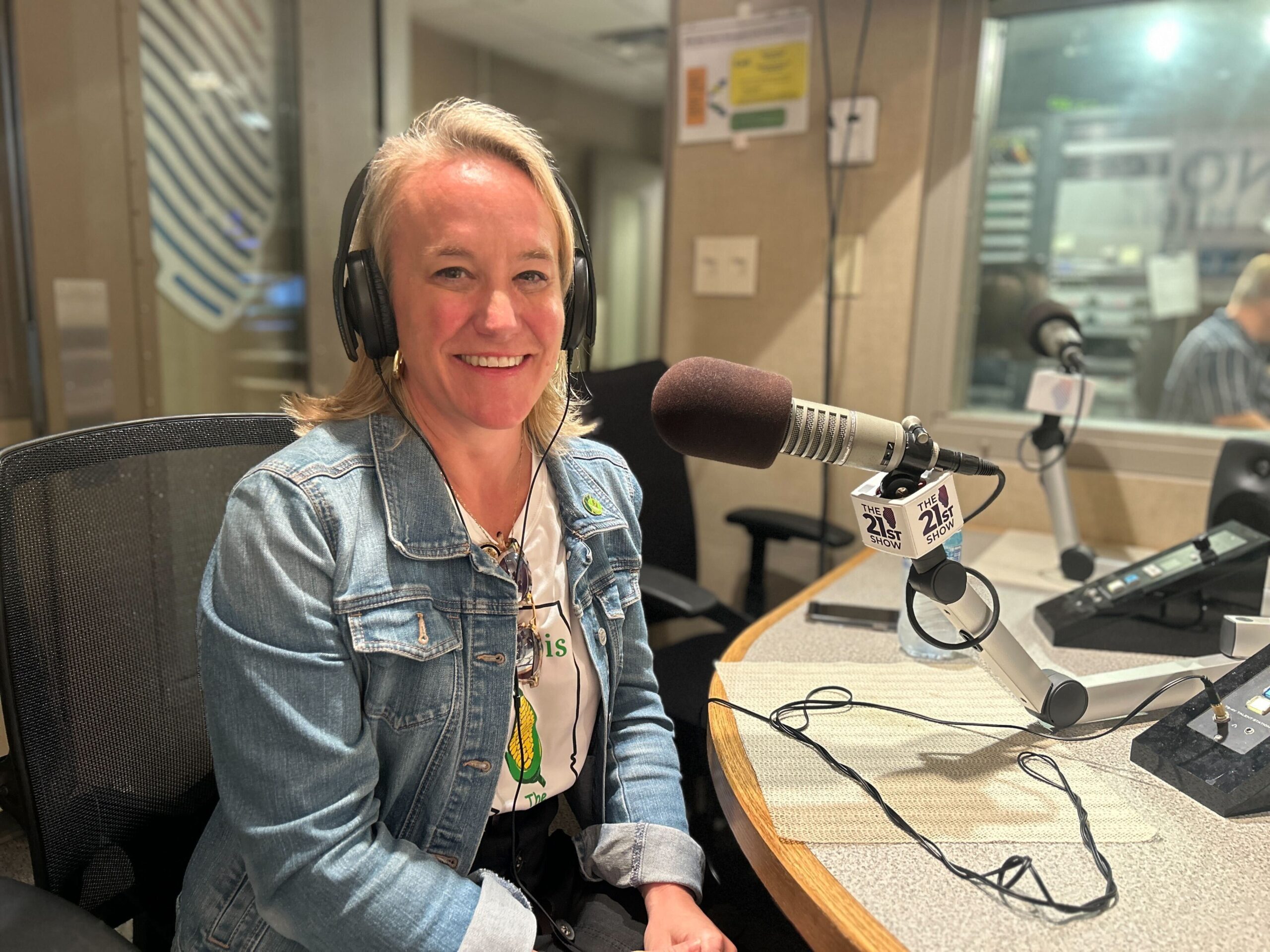
Congresswoman Nikki Budzinski sat down with Brian Mackey of Illinois Public Media’s The 21st Show to speak about cuts to food aid and health care as well as her thoughts on the possibility of the National Guard being deployed to Chicago.

Grocery stores accepting Supplemental Nutrition Assistance Program benefits in 12 states will soon have to accommodate new exclusions to the program.

The massive legislation extends tax cuts and increases safety nets for farmers who grow commodities, like corn, wheat and rice. But deep cuts to federal food assistance spending could hurt specialty growers who benefit from programs like Double Up Food Bucks.

Many of the provisions in the new bill make the first cuts permanent. Some fiscal conservatives have said there are not enough new pro-growth provisions in the big bill to pay for the tax cuts. LaHood disagreed.